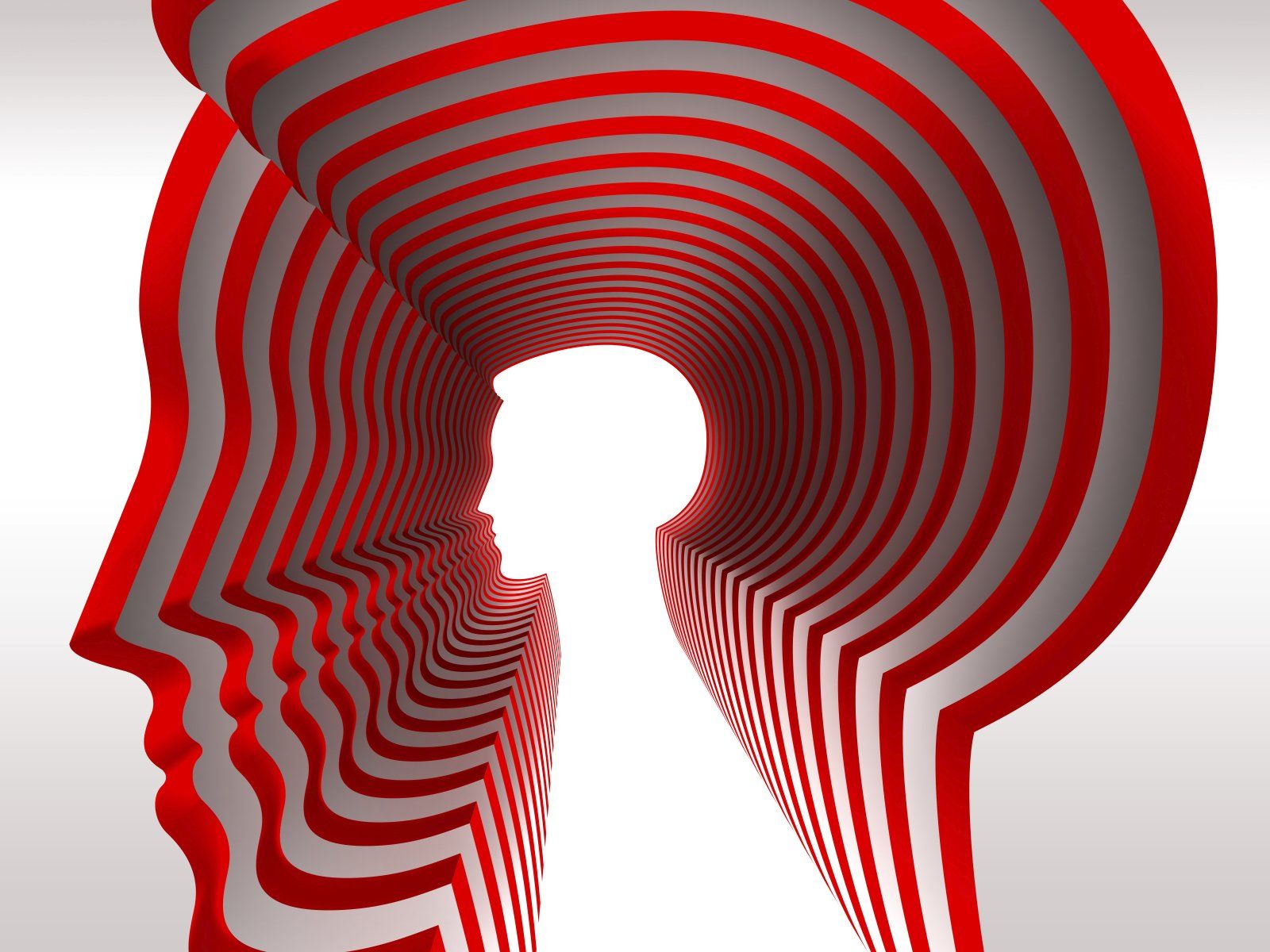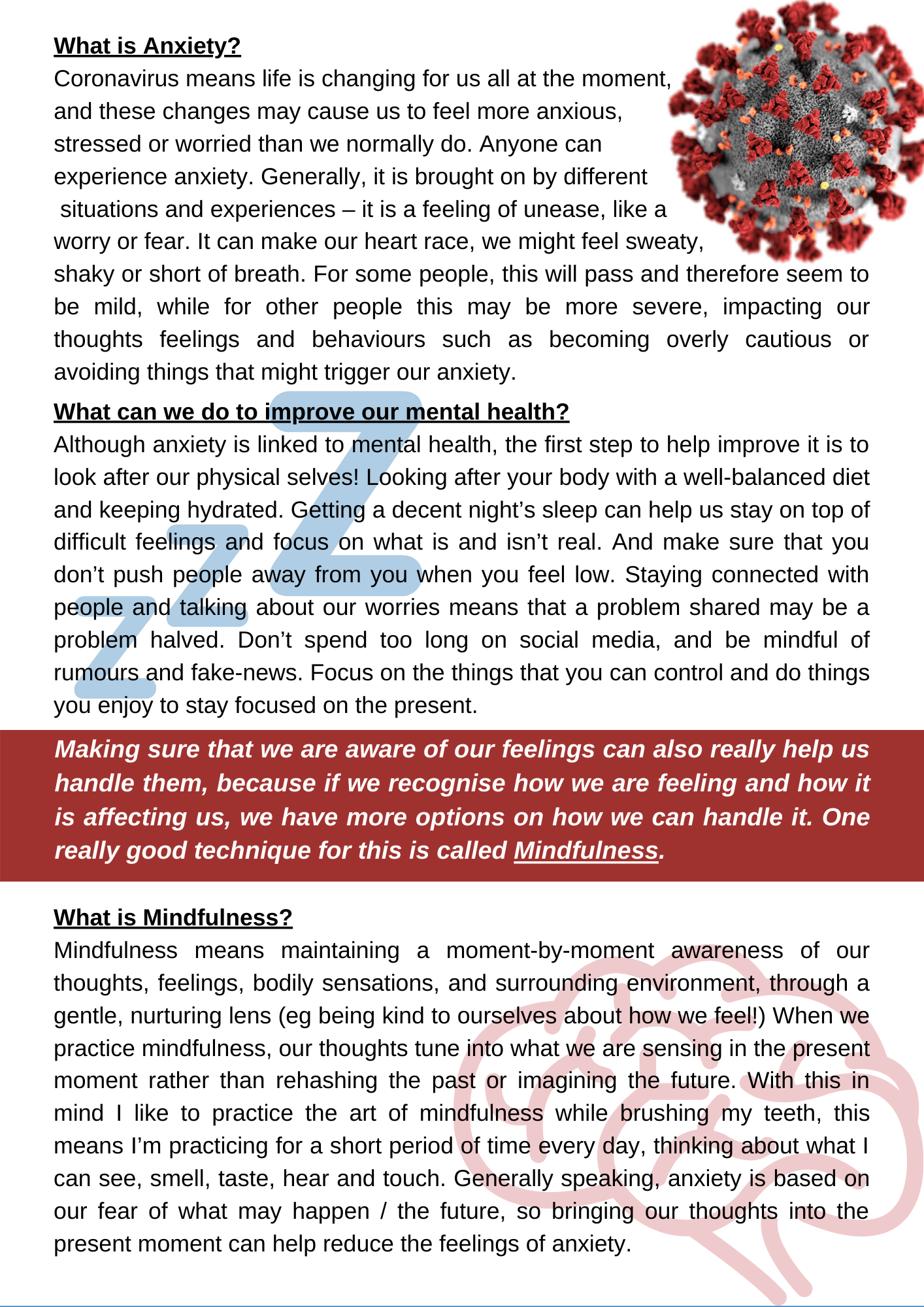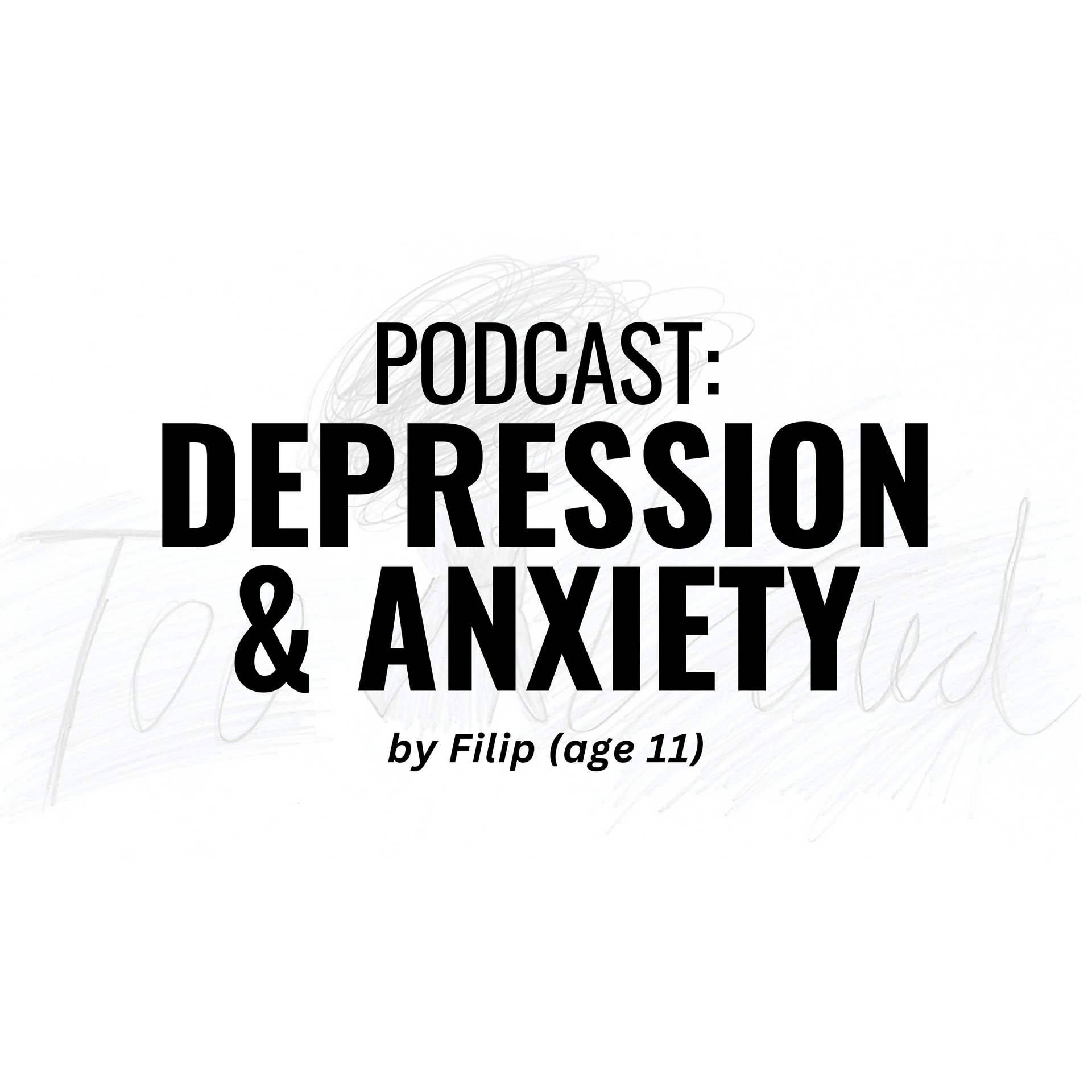#iDare Blog: By young people, for young people
Managing Mental Health & Anxiety during Lockdown
Sarah Waterman • 3 May 2020
#iDareToTalkAboutMentalHealth

We asked Sarah Waterman, one of our volunteer youth workers who is also a part qualified counsellor to write us a short piece on what advice she has on how to deal with our mental health and anxiety during these difficult times.
Coronavirus means life is changing for us all at the moment, and these changes may cause us to feel more anxious, stressed or worried than we normally do.
What is Anxiety?
Anyone can experience anxiety. Generally, it is brought on by different situations and experiences – it is a feeling of unease, like a worry or fear. It can make our heart race, we might feel sweaty, shaky or short of breath. For some people, this will pass and therefore seem to be mild, while for other people this may be more severe, impacting our thoughts feelings and behaviours such as becoming overly cautious or avoiding things that might trigger our anxiety.
What can we do about it?
Although anxiety is linked to mental health, the first step to help improve it is to look after our physical selves! Looking after your body with a well-balanced diet and keeping hydrated. Getting a decent night’s sleep can help us stay on top of difficult feelings and focus on what is and isn’t real. And make sure that you don’t push people away from you when you feel low. Staying connected with people and talking about our worries means that a problem shared may be a problem halved. Don’t spend too long on social media, and be mindful of rumours and fake-news. Focus on the things that you can control and do things you enjoy to stay focused on the present.
Making sure that we are aware of our feelings can also really help us handle them, because if we recognise how we are feeling and how it is affecting us, we have more options on how we can handle it. One really good technique for this is called Mindfulness.
What is Mindfulness?
Mindfulness means maintaining a moment-by-moment awareness of our thoughts, feelings, bodily sensations, and surrounding environment, through a gentle, nurturing lens (eg being kind to ourselves about how we feel!) When we practice mindfulness, our thoughts tune into what we are sensing in the present moment rather than rehashing the past or imagining the future. With this in mind I like to practice the art of mindfulness while brushing my teeth, this means I’m practicing for a short period of time every day, thinking about what I can see, smell, taste, hear and touch. Generally speaking, anxiety is based on our fear of what may happen / the future, so bringing our thoughts into the present moment can help reduce the feelings of anxiety.
If our anxiety increases, our worries can become out of proportion with relatively harmless situations, which is when our anxiety starts causing us problems – physically, mentally, or socially. But we don’t have to just accept our levels of anxiety – we can do something about it by using a number of different techniques. One of the really helpful things we can do when we feel anxious is practising the art of reframing unhelpful thoughts.
Reframing unhelpful thoughts
Our thoughts, feelings and behaviours continually affect each other, and it is easy to develop negative patterns where unhelpful thoughts lead to unhelpful feelings and actions. Sometimes this can become a vicious cycle. Many of us don’t realise that we can actually influence this process, and this can improve our mental health. The best way to deal with these unhelpful thoughts is to recognise them, challenge them and see if you can replace them.
Some people call this the catch it, check it, change it approach.
With practise this can help us look at perceived problems from a different perspective. For example, you might be worried about an important task you have to do for school / college or work, convinced it will go wrong and everyone will think you are a failure. Rather than immediately accepting this thought and feeling even worse, take a moment to catch it and check it. Ask yourself whether there’s good evidence for it, or if there are other explanations. Try thinking about what you would say to a friend who was thinking this way. Finally, see if you can change the thought for a more positive one. Maybe I am prepared, I have put a lot of work in and I am going to do my best. Sometimes you will be able to change the thought to a positive one but do not worry when at other times you cannot.
There are no right or wrong answers. It is about learning to think more flexibly and be more in control. By catching the thought, checking it, and seeing if you can change it, with practice you can help break the negative cycle. And we often worry less about what we understand and can make sense of, so to help you understand your anxiety you could try keeping a diary / journal to record how you feel to see if you can identify any pattern or triggers.
Its important to remember that its ok to not be ok. This is temporary. We are all in this together.
Other Resources & Information
You may also like to visit every mind matters ’10 tips to help if you are worried about coronavirus’
https://www.nhs.uk/oneyou/every-mind-matters/anxiety/
https://www.nhs.uk/oneyou/every-mind-matters/coronavirus-covid-19-anxiety-tips/
https://www.nhs.uk/oneyou/every-mind-matters/anxiety/#custom-2column-share-shelf
Magazine Page:














